Chicken Breast Nutrition Facts: Calories, Protein & Health Benefits
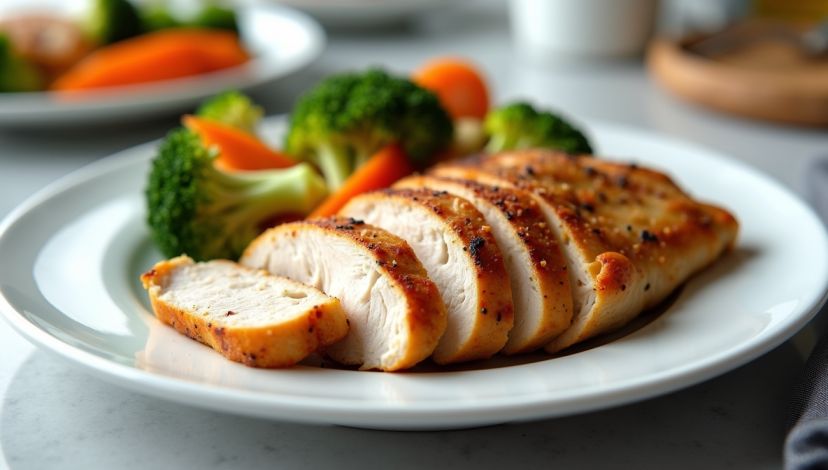
Chicken breast is the most famous and often-used lean protein-rich source of protein all over the world. Chicken breast is something every fitness advocate, weight loss, or just a healthy choices eater would look to. It is also renowned to have a low level of fats and calories with a high level of protein that is crucial in muscle building as well as repairs in addition to general body health. In this blog post, we will explore chicken breast nutrition facts in detail, answering common questions about its calorie content, macronutrients, vitamins, minerals, and health benefits. These facts can make your dietary choices better and enable you to use chicken breast in your meals.
Table of Contents
- What is the Amount of Calories in Chicken Breast?
- Which Are The Macronutrients In Chicken Breast Nutrition Facts?
- What Are The Vitamins And Minerals In Chicken Breast Nutrition Facts?
- What are the benefits of chicken breast?
- How Can Chicken Breast Be Cooked Best In Order To Retain Nutrition?
- Conclusion
- FAQ’s
Key Points:
- Chicken breast is low-fat meat which contains protein.
- It has vital vitamins and minerals that help in promoting general well-being.
- The way it is cooked can influence its nutritional composition.
What is the Amount of Calories in Chicken Breast?
It is well known that chicken breast is a rather low-fat food as compared to other meat cuts. Plain and skinless boneless chicken breast, if consumed in 3.5 ounces (100 grams), has about 165 calories. This amount of calories can somewhat be differed by the cooked or uncooked chicken and the way it was cooked. An example is the cooked chicken breast with approximately 172 grams that has approximately 284 calories, with 53.4 grams of protein and 6.2 grams of fats. The protein (approximately 80 percent) calories are supplied, and the rest that comprises 20 percent, is supplied by fat. Chicken breast has no carbohydrates in them and is good food to be consumed in low-carb diets. Nevertheless, when oils, sauces, or breading are included in the recipe at the time of cooking, the calorie and fat content will be high.
| Serving Size (Cooked) | Calories | Protein (g) | Fat (g) | Carbs (g) |
| 100 grams | 165 | 31 | 3.6 | 0 |
| 172 grams | 284 | 53.4 | 6.2 | 0 |
Note: such cooking practices as frying may add many extra calories and fat.
Which Are The Macronutrients In Chicken Breast Nutrition Facts?
Protein is the major component of chicken breast, and this makes it a special choice of food to those people that aim at expanding the muscle mass or keeping the body in a good shape. One hundred grams would contain approximately 31 grams of protein, that works out approximately 62 percent of the recommended daily amount of protein that an average adult should have. It has a low amount of fat that is mostly the unsaturated fats, and the amount is about 3.6 grams to 4 grams per 100 grams. Chicken breast contains virtually no carbohydrates, which is why this form of meat is the ideal food to include on a ketogenic or a low-carb diet.
| Macronutrient | Amount per 100g | % Daily Value* |
| Protein | 31 g | 62% |
| Fat | 3.6 – 4 g | 5% |
| Carbohydrates | 0 g | 0% |
Serving size 1 cup (8 1/2 oz) each, based on a 2,000-calorie diet.
The protein content is high and encourages muscle repair and development; the high protein also makes it a clean source of energy as the fat content is low and carbocontent zero. This composition of macronutrients answers why chicken breast becomes a recommended source of intake in weight management and fitness plans.
What Are The Vitamins And Minerals In Chicken Breast Nutrition Facts?
Other than being a powerhouse of protein, chicken breast also provides various essential vitamins and minerals, which enhance the overall health. It also includes large concentrations of B vitamins, notably vitamin B6 plus niacin (B3), which are important in the production of energy plus the functioning of the brain. Also, chicken breast is a good source of such minerals as phosphorus, selenium, and potassium.
- Vitamin B-6: This supplement supports the metabolism and the immune system.
- Niacin (B3): Aids in the process of food to energy conversion and keeps the skin and nerves healthy.
- Phosphorus: It is useful in serving bones and energy generation.
- Selenium: It is an antioxidant molecule that shields cells against damage.
- Potassium: Regulates the balance of fluid and the contractions of the muscle.
| Vitamin/Mineral | Amount per 100g | % Daily Value |
| Vitamin B6 | 0.6 – 1 mg | 40-74% |
| Niacin (B3) | 11 mg | 71% |
| Phosphorus | 250 mg | 36% |
| Selenium | 27 mcg | 49% |
| Potassium | 390 mg | 8% |
The nutrients promote energy, muscle activity, and vitality, and thus chicken breast is nutritious as a balanced diet.
Note: Removal of skin results into a drastic reduction of both fat and calories.
What are the benefits of chicken breast?
Chicken breast has many health benefits owing to its nutritional content. It is rich in protein that is used to build and repair muscles, thus very helpful to sport persons and other people who are active. The fat and calorie levels are low, which makes the food helpful in weight loss and heart health due to the decrease of saturated fat amounts that go into the body. Moreover, vitamins and minerals such as B vitamins and selenium favor metabolism and antioxidants protection.
Chicken breast is also a suitable choice among the people managing blood sugar, as it does not contain any carbs that would lead to fluctuation of blood sugar levels. The fats in chicken are healthier and contain less cholesterol compared to fats in red meats, thus reducing the chances of cardiovascular diseases. Besides, the chicken breast has been versatile and can be used in different healthy meals, which include grilling, baking, and stir-frying with vegetables.
| Health Benefit | Explanation |
| Muscle Growth | High protein content supports muscle repair. |
| Weight Management | Low calorie and fat content aid in fat loss. |
| Heart Health | Low saturated fat and cholesterol improve heart health. |
| Blood Sugar Control | Zero carbs help maintain stable blood sugar levels. |
How Can Chicken Breast Be Cooked Best In Order To Retain Nutrition?
The manner in which you prepare your chicken breast could be very influential as to whether it is nutritious or not. Grilling, baking, roasting, or boiling the food is the healthiest cooking process since no additional fat or calorie is added to it. Take chicken breast, for example, as it can be grilled and the excess fat runs off, therefore producing lean meat. Food that has been baked or roasted and not skinned does not acquire additional fats and retains most of the protein.
Frying or breading chicken breast is not a good idea because it adds a lot of calories and fat that has nullified the healthiness of chicken breast. Chicken breast may be marinated in herbs, lemon, or spices to bring the flavour without introducing any unhealthy components. Also, it is possible to prevent overcooking by cooking chicken breast to the correct internal temperature (165°F or 74 °C), thereby making the food safe and avoiding the risk of drying the meat, which makes it somewhat unpleasant to eat.
| Cooking Method | Impact on Nutrition |
| Grilling | Retains protein, reducing fat by dripping away. |
| Baking/Roasting | Preserves nutrients, low added fat. |
| Boiling | Keeps protein intact, no added fat. |
| Frying | Adds fat and calories, less healthy. |
Note: Foodborne illness can be combated by cooking the chicken thoroughly.
Conclusion
Chicken breast is an extremely nutritious food with good-quality protein, vital vitamins, and minerals limited amount of fat and calories. The fact that it is lean makes it a very good alternative in bulking up, shedding off the weight, or having a heart that is in shape. To get the most of it and to also delight in the possibilities of having an extra delicious source of protein, select the cooking mode to grill or bake. Understanding chicken breast nutrition facts helps you make informed choices that support your health goals and dietary needs.
FAQ’s
Q1: What is the amount of calories in a normal chicken breast?
A: ~165 calories in a 100-gram serving of skinless/ boneless chicken breast.
Q2: Is chicken meat high in protein?
A: Absolutely, yes indeed. Chicken breast is a good source of proteins, with approximately 31 grams in 100 grams.
Q3: Are there any carbohydrates in chicken breast?
A: No, zero carbohydrates are contained in chicken breast.
Q4: Which vitamins and minerals are contained in the chicken breast?
A: It has a lot of vitamin B6, niacin, phosphorus, selenium, and potassium.
Q5: How should chicken breast be cooked in the most healthiest of ways?
A: The best cooking option to make food nutritious is to grill, bake it, roast it, or boil it. Frying contains the extra fat and calories.
Latest Posts
You Might Also Like

Chipotle Nutrition – Your go-to guide for calories, healthy choices, and balanced meals at Chipotle.
TOP NEWS
© Copyright 2026 Chipotle Nutrition. All rights reserved
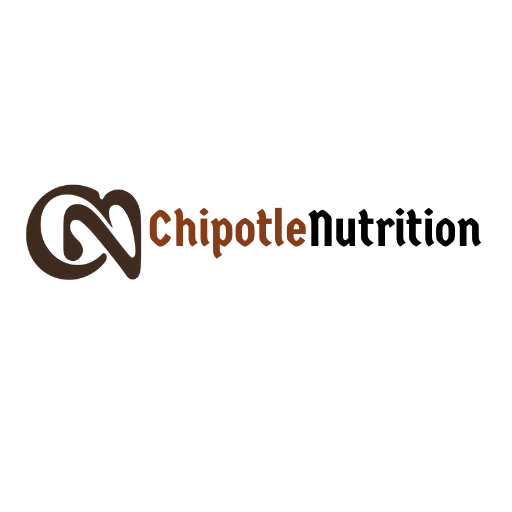








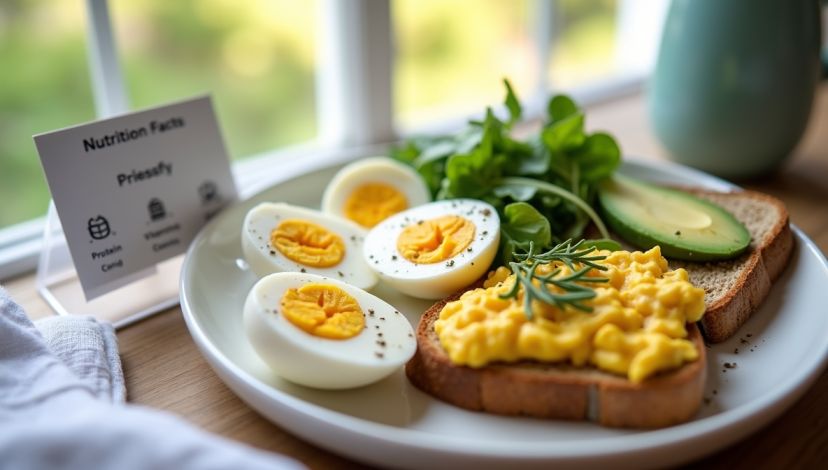
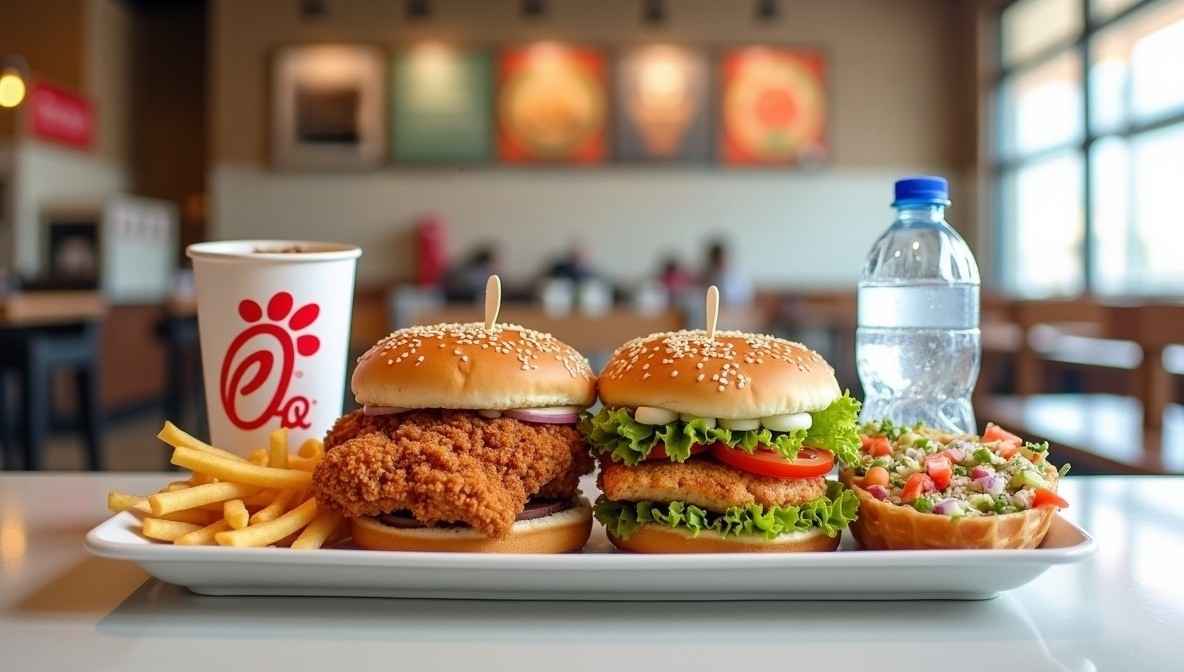
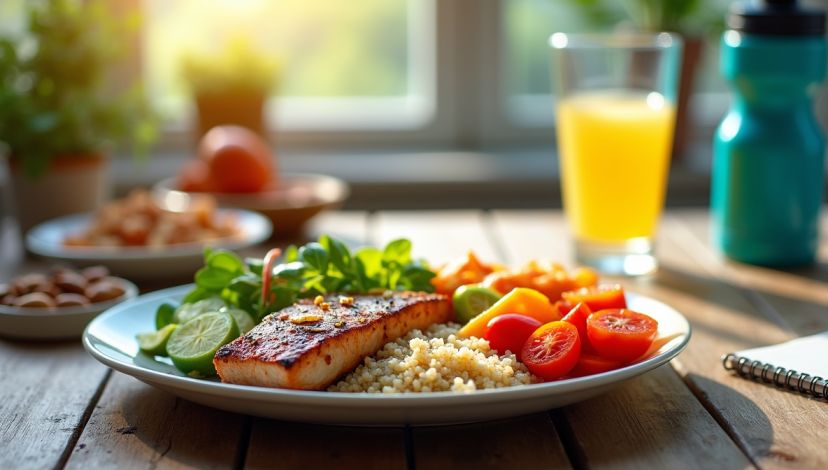


No Comments